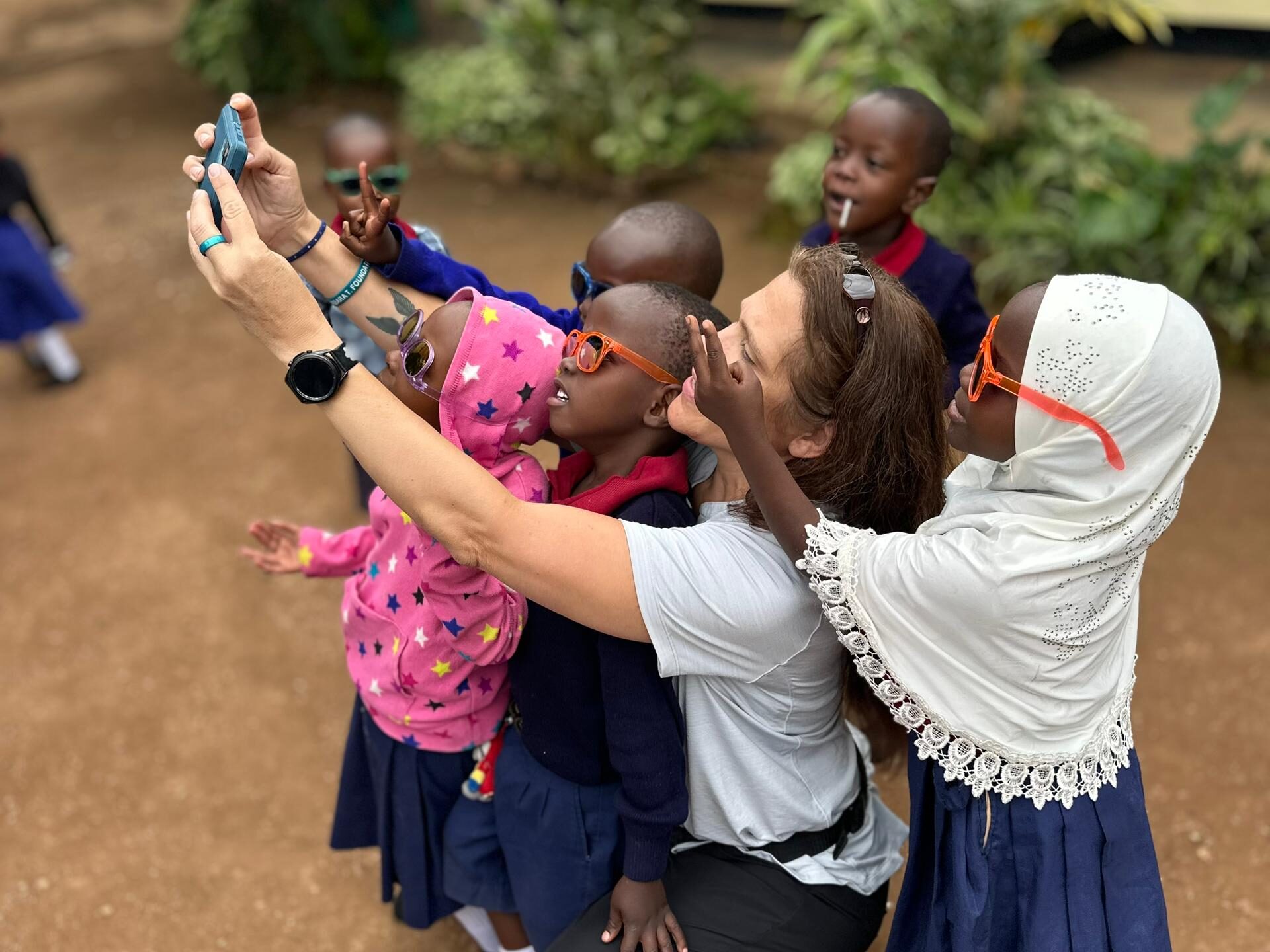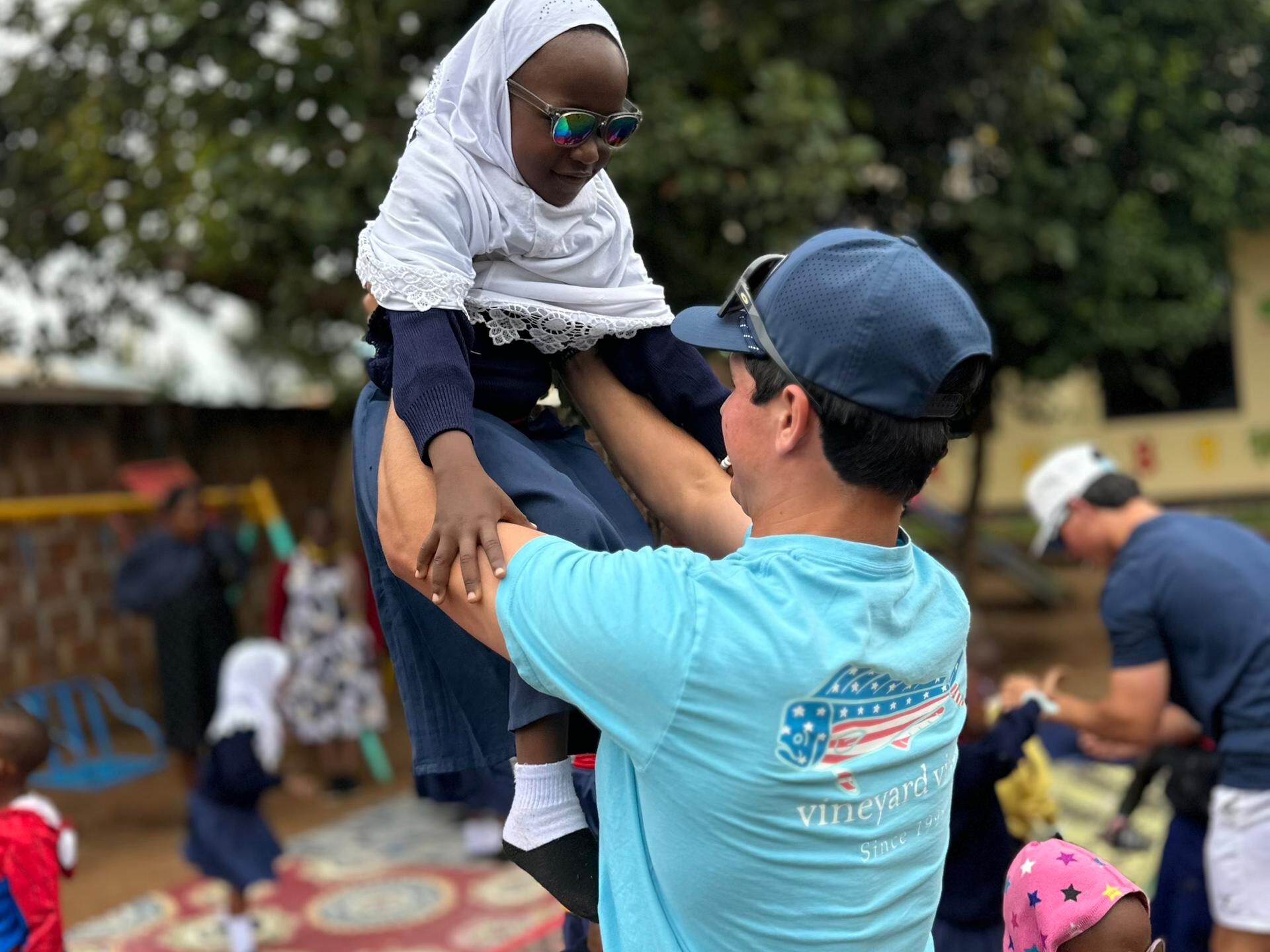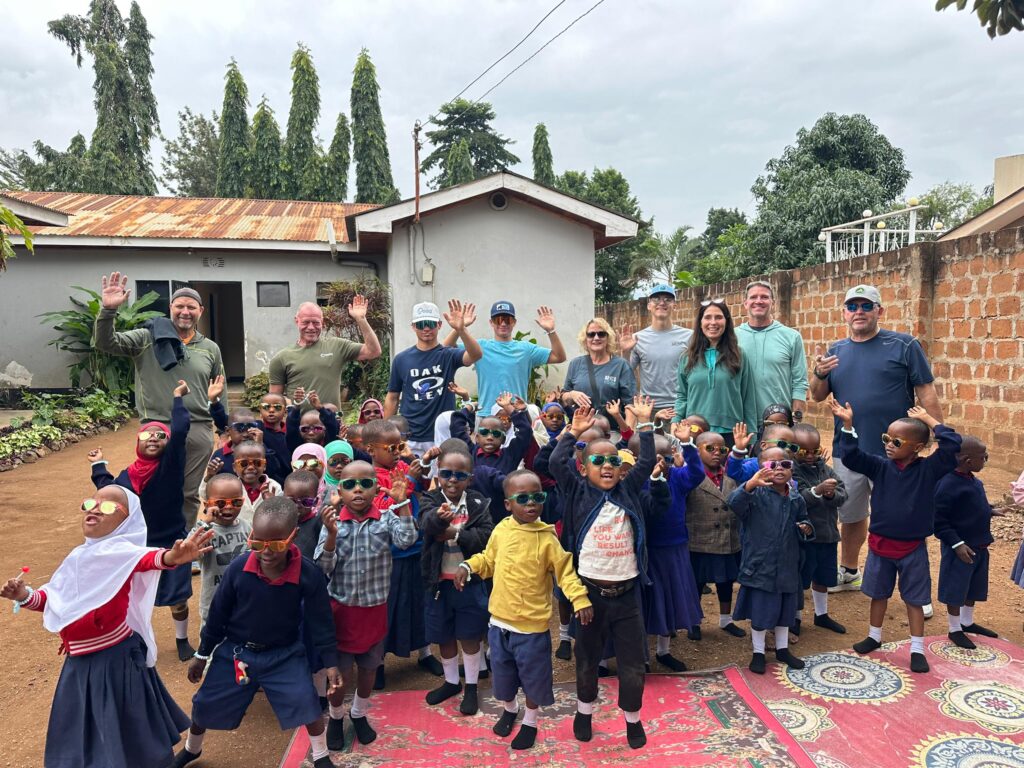Community service in Tanzania is a powerful force for change, blending local traditions of mutual support with global volunteer efforts to address pressing social, economic, and environmental challenges. Rooted in the Swahili concept of ujamaa—a philosophy of community and collective responsibility—community service in Tanzania thrives on collaboration between local communities and volunteers from around the world. These efforts focus on sustainable development, cultural exchange, and empowering disadvantaged groups, creating lasting impacts in regions like Arusha, Moshi, Dar es Salaam, and Zanzibar. This article explores how community service operates within Tanzanian society and highlights examples of impactful community-led initiatives supported by volunteers.

The Role of Community Service in Tanzanian Society
In Tanzania, community service is deeply embedded in the cultural fabric. The spirit of ujamaa, championed by Tanzania’s first president, Julius Nyerere, emphasizes collective well-being and shared effort. Communities often come together to address local needs, whether through building schools, improving healthcare access, or supporting vulnerable populations. However, with nearly 26 million Tanzanians living in extreme poverty (less than $1.90/day as of 2022), local resources are often stretched thin, making external volunteer support critical.
Volunteers, both local and international, amplify these efforts by bringing skills, resources, and fresh perspectives. Organizations like Go Volunteer Africa, Projects Abroad, and International Volunteer HQ (IVHQ) facilitate programs that align with community priorities, ensuring that volunteer work is meaningful and sustainable. These initiatives range from education and healthcare to environmental conservation and women’s empowerment, addressing Tanzania’s diverse challenges while fostering cross-cultural understanding.
Examples of Community-Led Initiatives Supported by Volunteers
1. Education and Literacy Programs

Education is a cornerstone of community development in Tanzania, where access to quality schooling remains limited, especially in rural areas. Volunteers play a vital role in supporting community-led education initiatives. For example, the Second Chance Education Centre (SCEC) in Moshi works with volunteers to teach English to teenagers and adults who missed early schooling opportunities. This program helps young people gain skills for employment, particularly in the tourism industry, a key economic driver in Tanzania. Similarly, volunteers with Projects Abroad in Arusha support Maasai literacy projects, teaching basic English and literacy skills to help community members secure jobs in tourism and hospitality.
In Zanzibar, GIVE Volunteers collaborate with local communities to build and staff nursery, primary, and secondary schools. Over 140 children attend these schools, benefiting from volunteer-led English lessons that enhance their educational prospects. These efforts not only improve literacy but also empower communities to sustain their own educational infrastructure.
2. Healthcare and Public Health Outreach
Tanzania’s healthcare system faces significant challenges, including limited resources and high rates of diseases like HIV/AIDS and malaria. Community-led health initiatives, supported by volunteers, are critical in bridging these gaps. For instance, Global Volunteers’ Ipalamwa General Clinic in Iringa provides patient care, health screenings, and prenatal counseling, with volunteers assisting in dental and eye exams and mental health programs. These efforts focus on maternal and child health, addressing issues like malnutrition and peri-natal depression.
In Arusha, medical volunteer program allows participants to work alongside local doctors in underfunded clinics, assisting with immediate care, HIV/AIDS awareness, and community outreach. Volunteers also support initiatives like the Maisha Outreach Therapy Organisation (MOTO) in Moshi, which focuses on therapy and health education for rural communities. These programs strengthen local healthcare systems while providing volunteers with hands-on experience.
3. Women’s Empowerment and Economic Development
Empowering women is a priority in many Tanzanian communities, where gender disparities limit access to education and income-generating opportunities. Community-led cooperatives, supported by volunteers, help women gain financial independence. For example, GVI’s women’s empowerment program in Arusha trains women in handicraft skills, such as weaving and beadwork, to create sustainable income sources through eco-friendly fashion. Volunteers assist with graphic design, social media management, and business training, helping women market their products to tourists.
Similarly, Go Volunteer Africa’s women’s empowerment projects in Arusha support Maasai women in creating traditional crafts for sale, fostering economic self-sufficiency. Volunteers with IVHQ also work with local women’s groups to teach skills like sustainable agriculture and entrepreneurship, enabling women to support their families and reduce poverty. These initiatives align with the United Nations Sustainable Development Goals, particularly SDG 1 (No Poverty) and SDG 8 (Decent Work and Economic Growth).
4. Environmental Conservation and Sustainable Agriculture
Tanzania’s economy relies heavily on agriculture, which accounts for 24.5% of GDP and employs half the workforce. However, climate change and deforestation threaten rural livelihoods. Community-led environmental projects, supported by volunteers, address these challenges. For example, Go Volunteer Africa’s sustainable agriculture program in Arusha teaches farmers eco-friendly techniques to improve food security and resilience to climate impacts. Volunteers help implement practices like crop rotation and organic farming, directly benefiting local families.
In Zanzibar, volunteers with GIVE participate in marine conservation efforts, protecting coral reefs and marine life from the impacts of tourism. These projects involve beach cleanups and community education on sustainable practices, ensuring long-term environmental health. Additionally, volunteers in Monduli work on reforestation initiatives, planting trees to combat deforestation and support local ecosystems.
5. Childcare and Support for Vulnerable Populations

Tanzania’s high poverty rates leave many children vulnerable, particularly in rural areas. Community-led childcare initiatives, such as the Msamaria Center for Street Children in Moshi, provide safe spaces for over 120 children. Volunteers support these centers by teaching, organizing recreational activities, and helping with daily care, fostering holistic development. IVHQ’s childcare program in Arusha also engages volunteers in kindergartens and care centers, where they lead educational games and promote hygiene practices.
These initiatives create nurturing environments for children, many of whom come from disadvantaged backgrounds. Volunteers’ involvement ensures that community-led efforts have the resources and support needed to thrive.
The Impact of Volunteer-Supported Community Service
The collaboration between Tanzanian communities and volunteers creates a ripple effect of positive change. By focusing on community-led initiatives, volunteers ensure that their contributions align with local needs and priorities, avoiding the pitfalls of short-term, unsustainable aid. These programs empower communities to build their own schools, improve healthcare access, and create economic opportunities, fostering self-reliance and resilience.
Volunteers also benefit from these experiences, gaining cultural insights, professional skills, and a deeper understanding of global challenges. For example, a volunteer teaching English in Moshi described the experience as “life-changing,” noting how it broadened their perspective and built lifelong connections with the community.
Moreover, these initiatives contribute to Tanzania’s broader development goals. By supporting education, healthcare, and economic empowerment, volunteers help address systemic issues like poverty and inequality, aligning with global frameworks like the UN Sustainable Development Goals. The cultural exchange fostered through these programs also promotes mutual understanding, breaking down stereotypes and building bridges between Tanzania and the world.
How to Get Involved
For those inspired to contribute, numerous organizations offer volunteer opportunities in Tanzania. Reputable providers like volunteer tanzania ,Projects Abroad, and Go Volunteer Africa offer programs ranging from short-term placements to long-term internships, with no specialized skills required for many projects. Volunteers can choose initiatives that match their interests, whether in education, healthcare, environmental conservation, or women’s empowerment. Costs typically range from $295 per week, covering accommodation and program support, though additional expenses like visas and travel insurance should be considered.
Before volunteering, research organizations to ensure they prioritize community-driven projects and ethical practices. Engaging with local staff and respecting cultural norms, such as modest dress and greetings in Swahili, enhances the volunteer experience and fosters meaningful connections.
Join us today

Community service in Tanzania is a vibrant partnership between local communities and global volunteers, rooted in the spirit of ujamaa. From building schools in Zanzibar to empowering Maasai women in Arusha, volunteer-supported initiatives are transforming lives and creating sustainable change. By participating in these programs, volunteers not only contribute to Tanzania’s development but also embark on a journey of personal growth and cultural discovery. Whether teaching a child to read or helping a community plant trees, every effort counts in making a lasting impact in Tanzania.